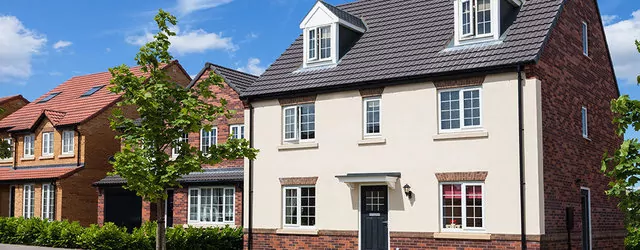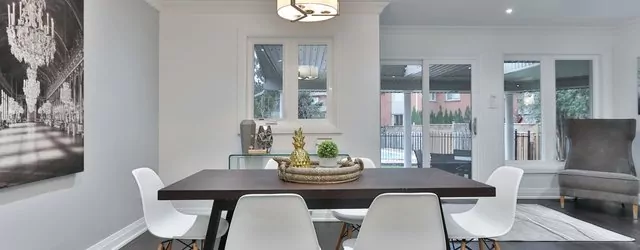- To understand the importance of making the right decision on joint ownership of the property, from the start.
- Make you aware of the ups and downs of buying a property together.
Introduction:
You are planning to buy a property together so you have to make important decisions about the ownership of the property before we can complete the purchase.
This guide explains the two ways in which property can be held by more than one owner. You may have contributed different amounts of money to the purchase. If so, you might want to own the property in different shares. We need to know at this stage so that we can complete the property Transfer document properly. This is then registered at the Land Registry to protect everybody’s interests in the property.
Thinking Ahead:
In making this decision you will need to consider what would happen to your share in the property if one of you were to die or if your circumstances change. For example, if your relationship breaks down you might decide that the property should be sold and the proceeds divided between you.
We understand that it is difficult to or it can be difficult to discuss such things at this time. However no one can predict what the future holds. If a clear decision is made now it can save a lot of time and money in the future.
There are two ways in which a property can be owned and it is vital that you understand the differences before making your choice: -
Joint Ownership (Joint Tenants):
Joint ownership means that each joint owner owns the whole of the property.
- When one joint owner dies the property automatically passes to the survivor. The property cannot be passed to anyone else through a Will. The surviving joint owner is left automatically owning the whole of the property.
- If the property is sold the owners are entitled to equal shares of the proceeds even if one has made a greater contribution.
Please note that in divorce proceedings the Court may decide who is entitled to what share.
Many married couples and some long-term partners hold property in this way. However whilst it may appear straightforward and convenient, it will not always be appropriate and this option should only be chosen after careful consideration.
Ownership in Common (Tenants in Common):
This means that each owner owns a separate and distinct share of the property. They can agree to hold it in equal or unequal shares.
- When one of the owners dies his or her share in the property will pass under the terms of their Will or the intestacy rules.
- If the property is sold during the owners’ lifetimes then the net proceeds will be split according to their agreed shares in the property.
This type of ownership is often used where:
- Either co-owner has a child or children from a previous relationship.
- The co-owners are unmarried or have not entered into a civil partnership.
- One co-owner does not wish the property to pass to their co-owner if they die.
- They have made unequal contributions towards the purchase price.
- They have made unequal contributions towards the mortgage payments or general outgoings for the property.
- Business partners are buying together.
- Co-owners are considering how to reduce the potential inheritance tax payable.
If you choose to own as tenants in common:
- We strongly recommend that you have a formal declaration of trust.
- Each co-owner should make a Will setting out what is to happen to his or her share in the property on their death.
Mortgages:
Please note that whichever type of joint ownership is chosen, each and every owner would be liable to the mortgage lender for the full amount of money owed on the mortgage.
How to choose which option is right for you:
Everyone’s situation is different and you may want to take further advice before you make a decision. You might find the following point as helpful.
Joint Ownership:
Choose this option if you are both happy that:
- You have equal shares in the property.
- Your share will go to the other owner automatically if you die and that if you die first your share will not automatically go to your children or other members of your family or friends in accordance with your Will.
- You accept that the other owner can convert the joint ownership of the property to tenants in common at any time and that you will then own the property in equal shares or such other proportions as you agree at the time.
Tenants in Common:
Choose this option if you are happy that:
- You have unequal shares in the property.
- Your shares will not automatically go to the other owner if you die, they may leave their share to you in their Will, but they can change this at any time.
- You want your share to go to other members of your family or friends in accordance with your Will.
Converting from joint ownership to tenants in common:
It is possible to convert joint ownership into tenants in common at any time by one co-owner giving notice to the other and to the Land Registry. A general rule when this conversion takes place is that the property is owned in equal shares (or in unequal shares if the owners agree). However it is also important to note that in disputes between co-owners the Courts can make an order stating that they are entitled to unequal shares.
Separate Advice:
If you cannot immediately agree on how to proceed we strongly advise that you should seek advice from separate solicitors on which is the best way to proceed in your circumstances.


 Flying Start
Flying Start













